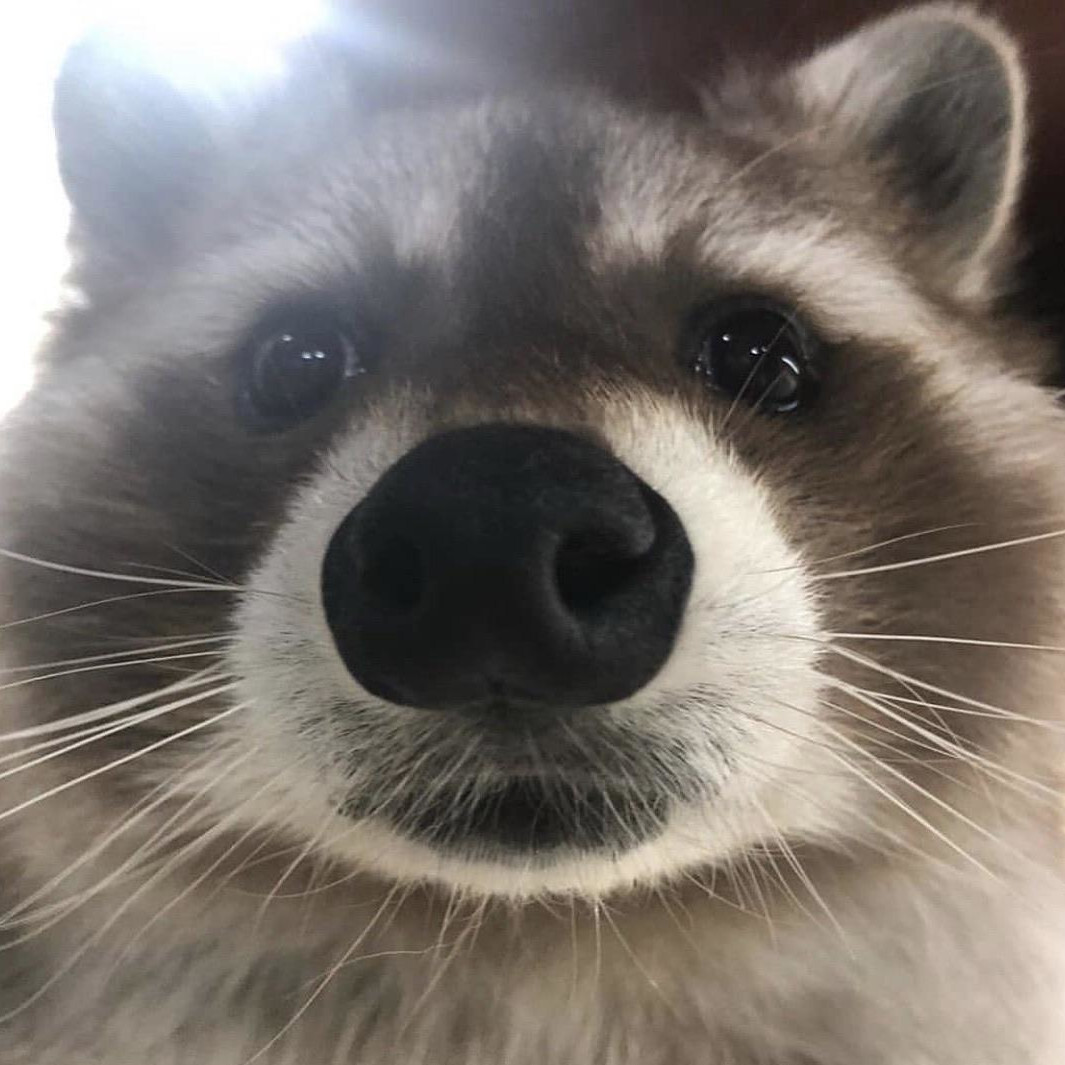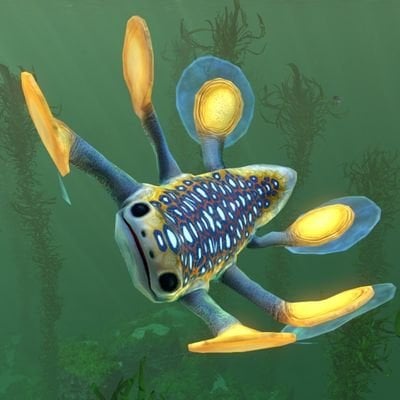The question that everyone has been dying to know has been answered. Finally! What will scientists study next?
Use infinite monkeys.
How about 4 monkeys in parallel?
Switch to AMD. More monkeys.
Yes, and add an Agile framework. Extreme Monkey typing.
What about monkey AI to get ahead using lower paid monkeys?
The statement isn’t about “A” monkey. It’s about an infinite amount of monkeys.
And an infinite amount of time.
This “rebuttal” is forced contrarianism. It’s embarrassing.
A thought experiment has rules, you can’t just change them and say the experiment doesn’t make sense…
For what it’s worth, it seems like it’s this “journalist” trying to make a sensational headline
The researchers themselves very clearly just tried to see if it could happen in our reality
“We decided to look at the probability of a given string of letters being typed by a finite number of monkeys within a finite time period consistent with estimates for the lifespan of our universe,”
Hypothesis: every science journalist should be placed in front of a bitch-slapping machine for the rest of their career. Every time they think about writing an article, they get bitch slapped. This will greatly improve the quality of science journalism.
How would monkeys type through infinite. Don’t they stop, are they not mortals like normal monkeys?
The other part of it is there’s not only one monkey who does Hamlet correct on the first attempt, there’s two, three four, guess what - an infinite amount of them.
And another infinity that get it right after 5 minutes
Another infinity that take exactly 10 years 3 months 2 days 3 hours 4 minutes and 17 seconds
And another infinity that takes one second less than the life of the universe
And another infinity that takes a googleplex of the lifetime of the universe to complete
that’s the point of the thought experiment
This is clownery, humanity is infinite monkeys, and we wrote Hamlet ages ago.
Are they arguing it wasn’t random though? I mean Shakespeare had to think through the plot and everything, not just scribble nonsense on a page
The thought experiment suggests that over a long enough period of time, every possible combination of letters would be typed out on a keyboard, including Hamlet.
They are not arguing about randomness, as it is inherent to the thought experiment. Randomness is necessary for the experiment to occur.
They are arguing that the universe would be dead before the time criteria is met. It is a bitter and sarcastic conclusion to the thought experiment, and is supposed to be funny.
In conversation, it would be delivered like this:
“You know, over a long enough period of time, monkeys smashing typewriters randomly would eventually produce Hamlet”
“The universe isn’t going to last that long.”
Nobody asked but I had to share this
It’s important to me that everyone understands the joke, even if that understanding robs them of the joy of it. “Explaining a joke is like dissecting a frog. It kills it”.
But it’s important because I suffered a lot of being left out as a kid. Others found how good it felt to be exclusive, and shoulder me out of things, or refuse to explain things, or whatever it was that made me the outcast. I could tell from their faces that they love the way it felt when they did that to me. But it hurt me a lot.
I don’t want there to be any exclusivity anymore. Nobody deserves that pain. I want everyone to understand the joke, even if that prevents them from ever laughing at it.
Everyone keeps forgetting that we’re all just what monkeys evolved into…
Actually, both monkeys and us are what our common ancestors evolved into. Which was neither a human nor a monkey.
But… we already did it?
Not with a typewriter, though.
I would place money on some enthusiast somewhere having typed up Hamlet on a typewriter just for kicks. Surely in the hundreds of years of overlap between humanity, Hamlet, and typewriters, it’s happened once. I’d be more concerned with typos.
Infinity sorts it out for you, Karl
Are spelling and punctuation expected to be accurate?
The theorem holds true. The theorem states that the monkey has infinite time, not just the lifetime of our universe.
That’s just lazy science to change the conditions to make sensational headlines. Bad scientists!
This just in: scientists disprove validity of thought experiment; philosophers remain concerned that they’ve missed the point.
The universe is the cage and we are the monkeys. We have already written Hamlet.
the monkey has infinite time
Use an infinite number of monkeys instead?
Infinite time is undefined though. We are not sure there was time before the Big Bang. Before anyone says “but there must have been,” consider that it’s just as paradoxical and mind blowing to imagine that time never had a beginning and just stretches infinitely into the past. How can that be so? It means it would have taken an infinite amount of time for us to reach this moment in time, and that means we never would have.
I think the implications behind there being infinite time in the past are fun if you assume that the universe works like a stochastic state machine. It means that either every finite event that has happened and will happen has already happened an infinite number of times or the universe is infinitely large.
Infinite time is perfectly defined, it just doesn’t exist in our universe
deleted by creator
Why must the concept of time before the big bang (or after our heat death) exist in our physical reality for us to speculate about theoretical infinities past those? The thought experiment is about infinite time, not all the time in our limited universe. A lot of things happen at infinity that break down as soon as you add a limit, but we’re not talking limits when we’re talking infinity.
It also makes a pretty bold claim about us actually knowing the lifespan of the universe.
That’s not bold, we’ve known how long the universe will last for decades now.
Just because someone tells you something, doesn’t mean they actually know what they’re talking about. fyi
When multiple fields of science all agree, yeah they know what they’re talking about.
I just don’t get these anti-science types…
How are they defining the end of the universe?
Heat death would be my assumption, so between about 10^100 and 10^106 years
The universe is believed to end just a few nanoseconds before a monkey finishes writing Hamlet.
We know such an infinitesimally small amount about what is actually happening in the universe that any claims to be capable of predicting it’s end are patently absurd.
Probably very shortly after dinner has been served at that restaurant.
I think that was just a galaxy, not the whole universe.
You mean the Restaurant at the End of the Universe?
Hmm… i sit corrected.
But what does the Lord think about this?
That’s because they only considered one monkey.
You need a thousand monkeys working at a thousand typewriters.
They did not limit themselves to one monkey. From the article:
As well as a single monkey, they also did the calculations using the current global population of around 200,000 chimpanzees.
It was the beat of times, it was the blurst of times
Stupid monkey
The whole study is trash. A chimpanzee is not a monkey.
It was the best of times, it was the blurst of times??
You stupid monkey!
I knew this would be a waste of time! *loads gun
I can’t remember the author or title, but that was the idea for a story I once read.
God sends an angel and the monkeys to do the job. They get close, but when the angel is doing the final read through he sees "…to be, or not to beee, Damn the ‘E’ key is sticking. " And they have to start over
Their assumptions must be wrong. They do not account for the most basic principle of the universe, “the show must go on.”
Ignoring the obvious flaw of throwing out the importance of infinity here, they would be exceedingly unlikely but technically not unable. A random occurrence is just as likely to happen on try number 1 as it is on try number 10 billion. It doesn’t become any more or less likely as iterations occur. This is an all too common failure of understanding how probabilities work.
I get annoyed when websites say something like, ´Using a password of this strength will take a a hacker one million years to brute force.´
No, it’ll take a million years to try every combination and permutation of allowed characters. Chances are your password will be tried much sooner than that.
When they say such things, the are probably talking about the expected value, where those chances are taken into account, just like the number calculated in this article.
deleted by creator
And apparently
monkeyis only the 6th password attempt to try:https://en.m.wikipedia.org/w/index.php?title=List_of_the_most_common_passwords&action=edit§ion=3
The results reveal that it is possible (around a 5% chance) for a single chimp to type the word “bananas” in its own lifetime.
That sounds a little low to me. B and N are right next to each other, so I’d expect them to mash left and right among similar keys a lot of the time. Then again, I think we’re expecting some randomness here, not an actual chimp at a typewriter, but that’s probably more likely to reproduce longer works than an actual chimp.
Wait …is this why AI exists? So we can type Hamlet in the face of monkey failures?
Dude. Just use a printer.
Omg I just realized AI is the new monkeys… that is disturbing
Strong entry for an Ig Nobel Prize if nothing else.
I feel like there has to be more to this problem than pure probability. We ought to consider practical nuances like the tendency to randomly mash keys that are closer together rather than assume a uniform distribution.
Doesn’t matter in the real infinite monkeys thought experiment. The chance of an infinite number of monkeys at an infinite number of typewriters producing Shakespeare is 100%. That’s how infinity works.
Sure, but this time I thought these things might matter because the article gives a deadline - the end of the universe.
This article fundamentally misunderstands the entire thought experiment by using finite monkeys. With infinite monkeys, we’d have the script as quickly as it is physically possible to type the script.
Who are you, who is so wise in the ways of science?
And coffee breaks… or banana breaks… and unions!











